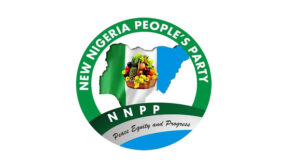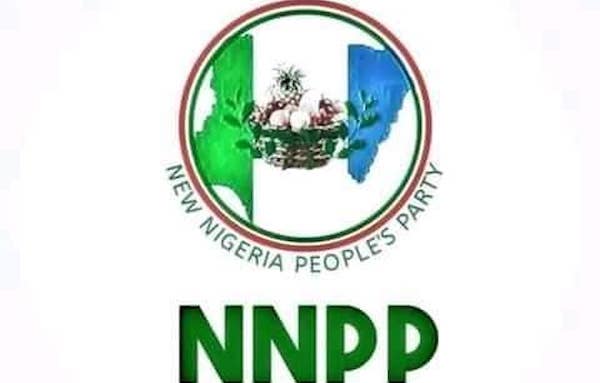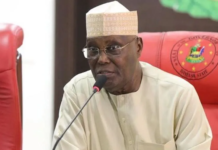The New Nigerian Peoples Party (NNPP) has voiced strong opposition to a recently introduced Senate bill aimed at establishing a Local Government Election Commission, labeling it a detrimental attempt to undermine democracy in Nigeria.
The proposed legislation, titled “Local Government Independent Electoral Commission (Establishment) Bill, 2024 (SB. 531),” is sponsored by Senator Sani Musa, the Chairman of the Senate Committee on Finance. It has already passed its first reading in plenary and aims to create an independent body responsible for organizing and conducting elections for Local Government Chairmen and Councillors in all states.

In a statement issued yesterday, NNPP’s National Publicity Secretary, Ladipo Johnson, criticized the bill, arguing that it is unfathomable to propose such a measure for conducting local government elections in the country. He expressed concerns that establishing a federal agency for this purpose would strip it of any integrity required to fulfill its intended role effectively.
Johnson stated, “Granting federal powers to such an agency will only exacerbate the existing chaos and crises surrounding our election processes. This initiative would not contribute positively but instead further erode the fragile state of our democracy.”
He lamented, “It is disheartening to witness the actions of certain politicians that appear to be driven by ulterior motives. This Senate bill to create a federal agency for local government elections poses a significant threat.”
He warned that the bill is susceptible to misuse by federal authorities and would ultimately suffocate democracy. He pointed out the negative perceptions surrounding the Independent National Electoral Commission (INEC) due to ongoing criticisms of its election management, particularly regarding the general elections and recent governorship elections in Edo State, arguing that these sentiments do not support the establishment of such a federal agency.
Johnson called on Nigerians to actively oppose this bill before it becomes law, emphasizing the need for united protests from all opposition parties. He added, “This bill threatens to obstruct democracy and is likely to be misused by federal powers. Anything they touch tends to become corrosive.”
He concluded by noting that the root of Nigeria’s electoral issues lies in the institutions themselves, which are often marred by fraudulent practices, suggesting that the focus should be on reforming the mindset of those operating within the system rather than creating new agencies.




